In this Sunday’s parliamentary elections, the people of Venezuela, in spite of the criminal US imperialist blockade, came out to defend democracy and the Bolivarian Revolution. This time, as has been the case in all of the latest electoral processes in Latin America (for example, in Brazil just a few days ago) citizen participation has dropped significantly. There are multiple reasons why this happened, but fundamentally it has to do with the impact of the global economic crisis and, especially, in Venezuela, the consequences of the international economic blockade, which have been felt even stronger in the context of the coronavirus pandemic.
The challenges of the Bolivarian Revolution continue to be great: supplying food and medicine to the population, restoring the productive apparatus, keeping health centers available to attend to Covid19 cases, and facing the new challenges of imperialism as power changes hands in the White House. 2021 could bring big changes for Venezuela, we hope for the better. For now, however, faced with a critical situation, it feels like there is little to celebrate. All the same, this election has been a step forward on Venezuela’s democratic path economically, socially, and politically.
The 277 legislators of the new National Assembly must focus their priorities on the Venezuelan people, on the proposals of Chavista militancy and on the many demands of society; at the same time, the Bolivarian government might be setting off on a new path in the international arena. A reinvention of the revolutionary forces and the broader left front is urgently necessary to keep alive the legacy of Hugo Chávez, the country’s former leader who best knew how to interpret and represent the real interests of the Venezuelan people as a whole.
Here are some important general facts to keep in mind when considering the recent election:
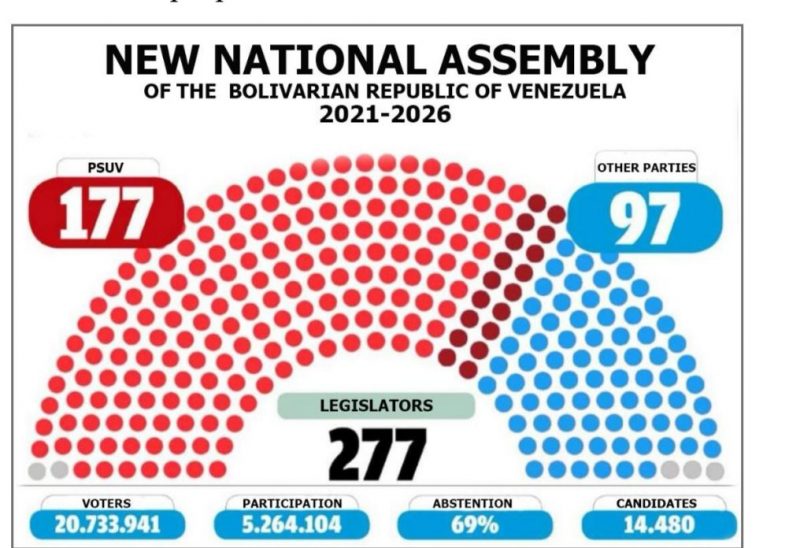
- 26 electoral processes in 22 years (since 1998 when Chávez won the presidential elections)
- 24 victories of the Bolivarian Revolution versus 2 defeats against the opposition forces
- Parliamentary elections Venezuela 2020: Voters: 20.733.941.
- Positions to be chosen: 277 deputies.
- International observers: +300 electoral experts from 34 countries.
- National Overseers: 1500
- Participation. Institutions: Electoral Power: National Electoral Council; Bolivarian National Armed Forces: 250 thousand troops will be deployed in the country; Supreme Court of Justice: 1250 courts will be enabled; Office of the Ombudsman: 450 officials will be deployed nationwide; Public Ministry: One thousand 104 officials will protect the right to vote, broken down as follows: 24 superior prosecutors, 30 prosecutors with national jurisdiction, 150 officials from the Situation Chamber and 900 regional prosecutors. Social organizations: 107 organizations with political purposes, broken down as follows: 30 national organizations; 53 regionals in nature; 6 national indigenous organizations and 18 regional indigenous organizations.
- Indigenous vote: On December 9, the country’s indigenous peoples (more than 4,000 communities) will choose their three representatives, in accordance with their traditions.
- Polling places: 14.221 & Polling stations: +30.000
- Transparency: 16 processes are developed to comply with the transparency chain.





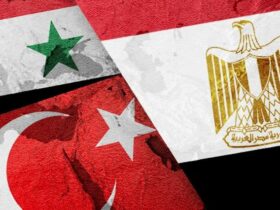

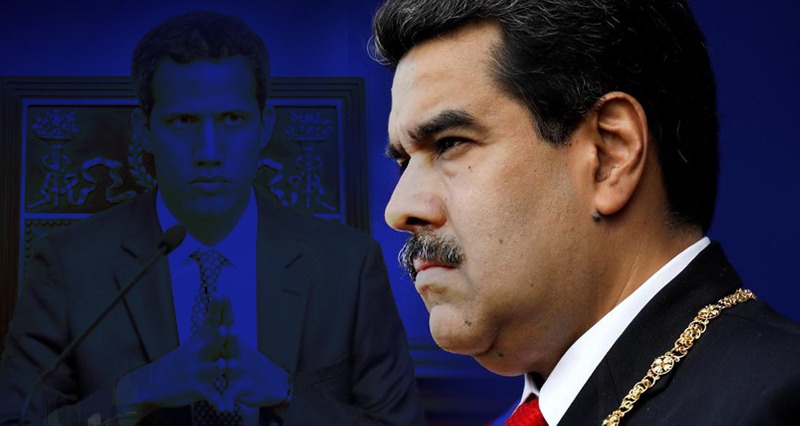

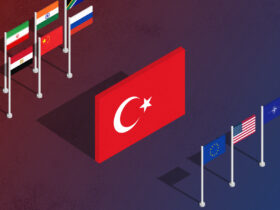
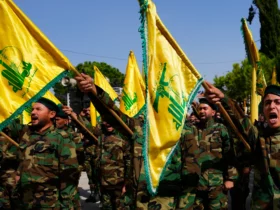
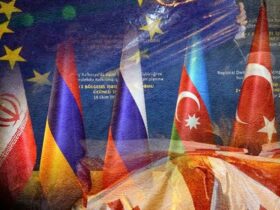
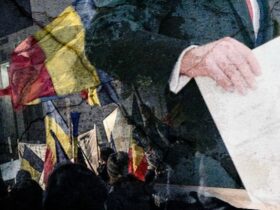
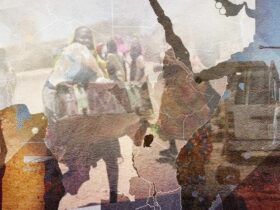

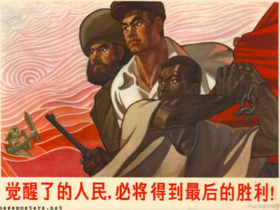

Leave a Reply